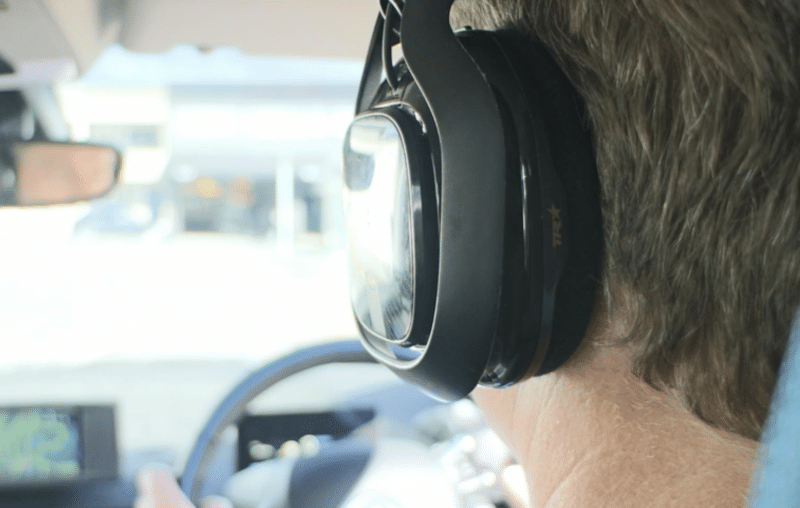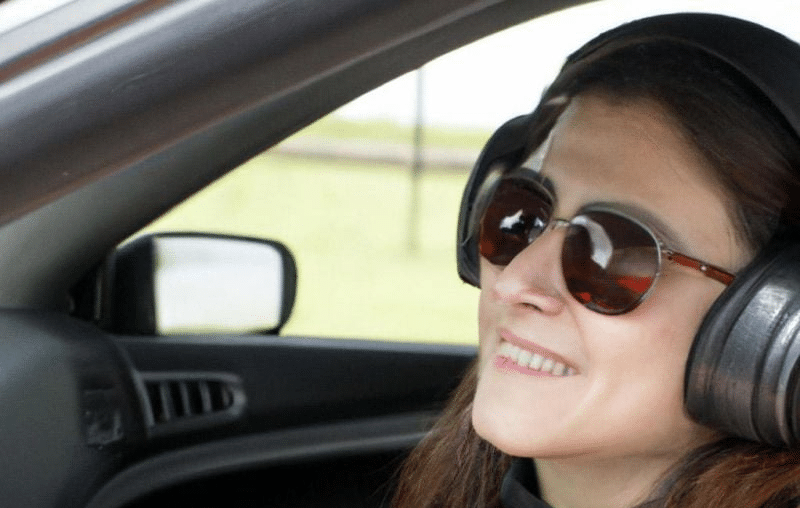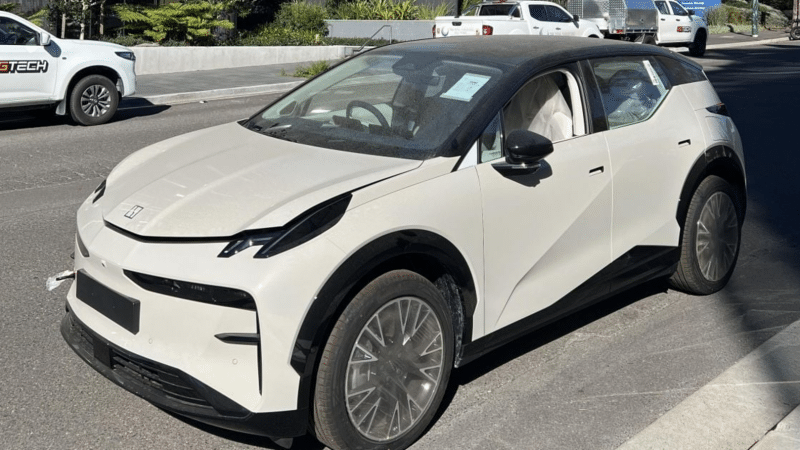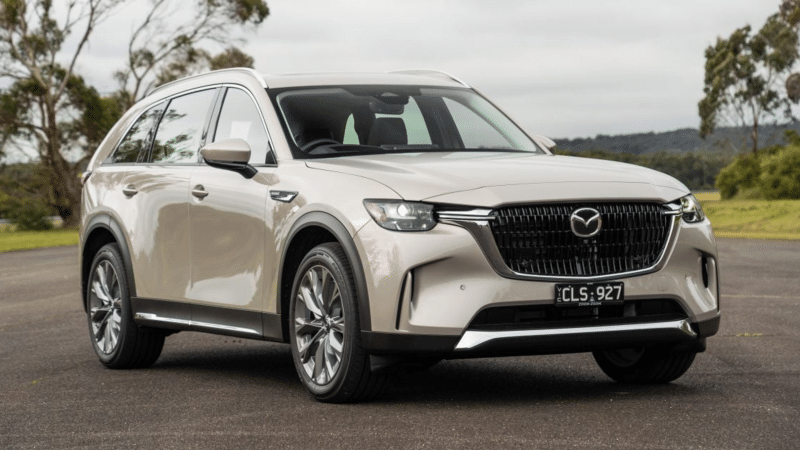Is It Safe to Drive with Headphones in Australia?

Is It Safe to Drive with Headphones in Australia?
Can you afford to compromise your safety just for the convenience of wearing headphones while driving?
Driving with headphones might seem convenient, but it raises concerns about safety. Different Australian jurisdictions have varying rules and opinions on this matter. Let’s take a closer look.

If you drive an older car, or just don’t care so much for your car’s stereo, it’s easy to see why you’d just keep your headphones on when you jump into the car. We all have busy lives and if you don’t have to worry about plugging your phone in, or waiting for the sound system to boot up and recognise your device, or maybe you have a media system that bugs out and changes to podcasts despite the fact you were just listening to an album.
It is technically legal to drive with headphones, earphones or ear pods. Rules around car control could be contravened if you’re distracted. Some jurisdictions deem it to be unsafe.
That the questionable part, and it’s a bone of contention for states and territories in Australia, as there are differing approaches to headphone use and the potential impact it could have on your driving.
Noise-cancelling headphones are exceptional but you mightn’t hear a truck honking to warn you that the driver can’t stop. Or perhaps that AC/DC track you’re jamming to is too loud for you to hear a cyclist or pedestrian trying to get your attention.
It comes down to common sense, really. And yes, you might be the sort of driver who has their music up as loud as the speakers can go, but that could also be pretty unsafe. If you can’t really hear what’s happening outside your car, you can’t react to different situations as promptly. And that could mean the difference between a near-miss and a real accident.
That’s the kicker – if your headphones, earpods, or earbuds are distracting you, and they in turn limit the level of control you have over your vehicle, then you could be in strife. And if you’re a Learner driver (L-plater) or Provisional licence holder (P-plater), you can basically forget it – the rules, by and large, state that it’s not okay for these licence holders to wear headphones or any other audio-transmission device while driving (phones are banned, so it makes sense).
Here’s a rundown of the differences between the Australian jurisdictions.
New South Wales In NSW you can have your music playing directly into your ears while driving, so long as you don’t break NSW Road Rule 297 (1), which requires a driver to have proper control of the vehicle. If you were booked for not having control of the car, you’d be looking at three demerits and a $481 fine. Get caught in an active school zone, and you could be at four demerits and a $603 fine.
Don’t even think of touching your phone to skip the ads in your podcast, either – unless it is in an appropriate cradle or mount, attached to the car. Mobile phone fines are huge (five demerits, up to $481), and if you’re caught doing both, you could be in licence-loss territory.
Victoria In Victoria you can have headphones on while driving, but the authorities take a dim view on the act. If you were to be involved in an accident or were found to be lacking proper control of your car, you could be prosecuted. Victoria Police posted on its Facebook account that: “It is not illegal to wear headphones when driving. However, we strongly advise against it, as it can affect your ability to fully focus on the task of driving.”
Queensland Much the same rules here – it’s not illegal to wear earphones or headphones, but be aware of your surroundings and make sure you can keep your car under control. If you’re deemed to be out of control or driving carelessly, you could be booked, and hit with three demerits and a fine of up to $619.
Western Australia It is legal to drive with headphones in WA, but as with other states, you need to maintain control of the vehicle. If you’re deemed to not be in control, and your tunes are what’s causing it, you could be booked and fined.
South Australia As with other states, it’s not illegal to wear headphones and drive. But again, it comes under the consideration of the distracted driving legislation, which in SA states: “A person must not drive a vehicle without due care or attention or without reasonable consideration for other persons on the road.” If you are found to be driving in a manner that goes against that, you could face a court-imposed penalty of up to $2500.
Tasmania It’s legal to wear headphones and drive in the Apple Isle, but there’s a bit more room for interpretation (or maybe, misinterpretation) when it comes to the mobile phone use rules in Tassie and how they apply in this situation. The official rules state that if you: “Drive using mobile phone (when moving or stationary, but not parked) except to make or receive call from phone secured in mounting or not required to be touched”, you could face a fine of $346 and three demerits. But note there’s no mention of music or using the phone for anything other than calls. Can of worms? Possibly. Much like the other states, if you’re deemed not to be in control of your car because of your headphone use, you could be fined $173. No demerits, though.
ACT The nation’s capital allows you to wear headphones, earphones or earbuds and drive. But again, the laws require you to maintain control of your car.
Northern Territory In the NT, the rules are basically the same as everywhere else. It’s okay to wear headphones, so long as you’re not doing so by using your phone illegally, and that you ensure you are in control of the car.

- Driving with headphones is technically legal, but it can be distracting
- Noise-cancelling headphones can prevent you from hearing important sounds
- Being unable to hear outside noises can impede your reaction time
- Learner and Provisional licence holders are generally not allowed to wear headphones while driving

While it may be technically legal to drive with headphones in Australia, it may not be the safest choice. Different jurisdictions have different views on this matter, but ultimately, maintaining control of your vehicle and being aware of your surroundings is crucial for road safety.






